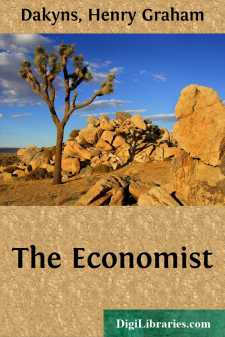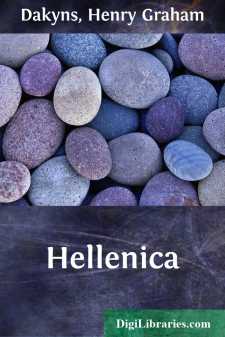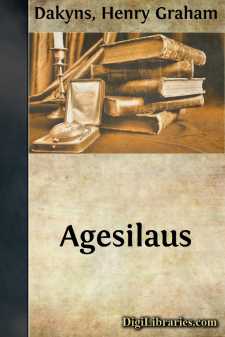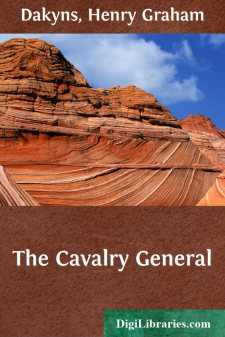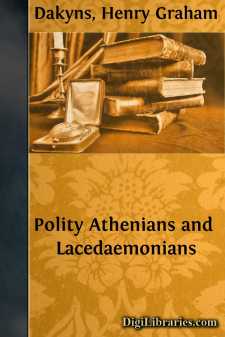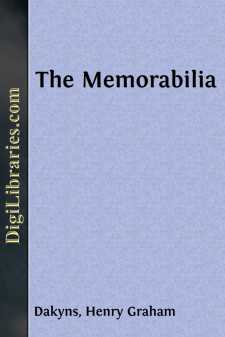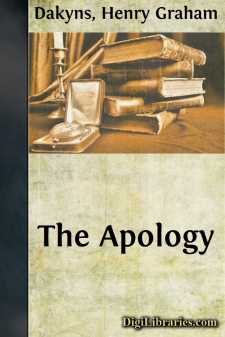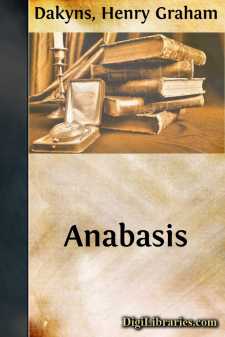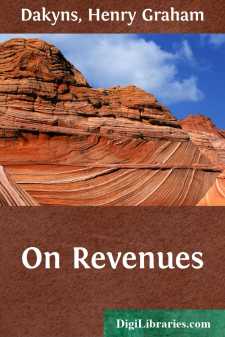Categories
- Antiques & Collectibles 13
- Architecture 36
- Art 48
- Bibles 22
- Biography & Autobiography 813
- Body, Mind & Spirit 142
- Business & Economics 28
- Children's Books 17
- Children's Fiction 14
- Computers 4
- Cooking 94
- Crafts & Hobbies 4
- Drama 346
- Education 46
- Family & Relationships 57
- Fiction 11829
- Games 19
- Gardening 17
- Health & Fitness 34
- History 1377
- House & Home 1
- Humor 147
- Juvenile Fiction 1873
- Juvenile Nonfiction 202
- Language Arts & Disciplines 88
- Law 16
- Literary Collections 686
- Literary Criticism 179
- Mathematics 13
- Medical 41
- Music 40
- Nature 179
- Non-Classifiable 1768
- Performing Arts 7
- Periodicals 1453
- Philosophy 64
- Photography 2
- Poetry 896
- Political Science 203
- Psychology 42
- Reference 154
- Religion 513
- Science 126
- Self-Help 84
- Social Science 81
- Sports & Recreation 34
- Study Aids 3
- Technology & Engineering 59
- Transportation 23
- Travel 463
- True Crime 29
The Economist
Description:
Excerpt
I
I once heard him (2) discuss the topic of economy (3) after the following manner. Addressing Critobulus, (4) he said: Tell me, Critobulus, is "economy," like the words "medicine," "carpentry," "building," "smithying," "metal-working," and so forth, the name of a particular kind of knowledge or science?
(1) By "economist" we now generally understand "political economist,"
but the use of the word as referring to domestic economy, the
subject matter of the treatise, would seem to be legitimate.
(2) "The master."
(3) Lit. "the management of a household and estate." See Plat. "Rep."
407 B; Aristot. "Eth. N." v. 6; "Pol." i. 3.
(4) See "Mem." I. iii. 8; "Symp." p. 292.
Crit. Yes, I think so.
Soc. And as, in the case of the arts just named, we can state the proper work or function of each, can we (similarly) state the proper work and function of economy?
Crit. It must, I should think, be the business of the good economist (5) at any rate to manage his own house or estate well.
(5) Or, "manager of a house or estate."
Soc. And supposing another man's house to be entrusted to him, he would be able, if he chose, to manage it as skilfully as his own, would he not? since a man who is skilled in carpentry can work as well for another as for himself: and this ought to be equally true of the good economist?
Crit. Yes, I think so, Socrates.
Soc. Then there is no reason why a proficient in this art, even if he does not happen to possess wealth of his own, should not be paid a salary for managing a house, just as he might be paid for building one?
Crit. None at all: and a large salary he would be entitled to earn if, after paying the necessary expenses of the estate entrusted to him, he can create a surplus and improve the property.
Soc. Well! and this word "house," what are we to understand by it? the domicile merely? or are we to include all a man's possessions outside the actual dwelling-place? (6)
(6) Lit. "is it synonymous with dwelling-place, or is all that a man
possesses outside his dwelling-place part of his house or estate?"
Crit. Certainly, in my opinion at any rate, everything which a man has got, even though some portion of it may lie in another part of the world from that in which he lives, (7) forms part of his estate.
(7) Lit. "not even in the same state or city."
Soc. "Has got"? but he may have got enemies?
Crit. Yes, I am afraid some people have got a great many.
Soc. Then shall we say that a man's enemies form part of his possessions?
Crit. A comic notion indeed! that some one should be good enough to add to my stock of enemies, and that in addition he should be paid for his kind services.
Soc. Because, you know, we agreed that a man's estate was identical with his possessions?
Crit. Yes, certainly! the good part of his possessions; but the evil portion! no, I thank you, that I do not call part of a man's possessions.
Soc. As I understand, you would limit the term to what we may call a man's useful or advantageous possessions?
Crit. Precisely; if he has things that injure him, I should regard these rather as a loss than as wealth....


